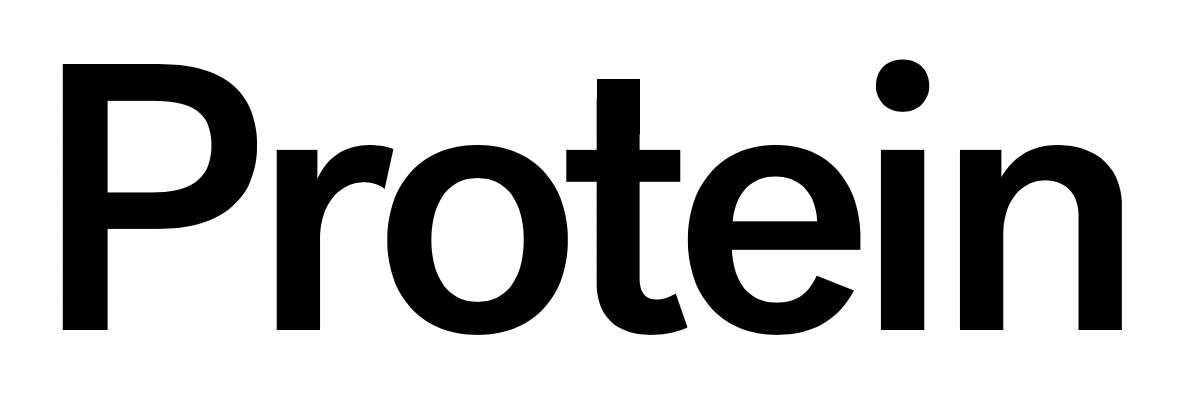
I want to be bored this year. I want to swim in unstructured hours that allow me to catch up with myself, where I can realise thoughts I didn’t know I had; to let my imagination roam and bloom into shapes only possible without the constant distraction of a screen blurring my vision.
We hound ourselves with an aggressive load the moment our eyes flutter open and just before they close – scrolling, checking, cross-checking, responding, reacting. Our brain is tender and plastic at these times, producing alpha waves – the state in which we’re most receptive to new ideas and can absorb information like a sponge.
This wakefulness is a place of calm and creativity. But too often, we don’t have the chance to see where this flow might take us, interrupting it with a phone thrust in our face. The onslaught of information pushes us into a state where we’re alert but scattered, our minds fed with things we think will make us better, healthier, more interesting, more attractive.
We’ve never had more at our fingertips, and yet, we’ve never felt less. This paradox is what Catherine Shannon explores in her essay Your Phone is Why You Don’t Feel Sexy, which prompted me to think about the following two questions:
• Where’s the line between fascination with the world and being consumed by it?
• As tech gets deeper, colder and more uncanny, what will the counter-offer be?
Shannon writes:
“The proliferation of devices surrounding us at all times may help us ‘get in touch’ with other people, sure, but they impede our ability to get in touch with ourselves. A ‘touch’ screen would indeed seem to promise something tactile and real, but they leave us cold, tepid and listless. Something is deeply wrong when we sext the same way we order a sandwich.”
The void my phone was widening within me prompted me to return to things I can hold in real life. I’d been collecting vinyl for some time, the love for it as much about the collecting and the quality as it was about imagining the stories embedded within each groove. But last year, I started gathering CDs again, dug my iPod out from the back of a forgotten drawer, ordered DVDs of my favourite films on eBay and became a member of the Keats Community Library. I even considered switching my phone for a Blackberry Bold 9700 (Jim Legxacy style).
These things are perhaps inconvenient, but intentional. Slow joy over quick pleasure. I don’t want my default to be instant gratification. I want things I can feel, scratch, stain, love, perhaps even lose. This desire for tangible, meaningful experiences leads me to another quote from Shannon:
“Instantaneous access to everything obviously comes at a cost. The cost being that we all behave like demented Roman emperors, at once bored and deranged, summoning whatever we want at any time.”
There’s an additional layer to all of this, though. As someone raised on a Reddit thread discussing this very topic:
Gertruda Gilyte, another Protein contributor, responded to the lament, desires and questions I’d laid down with a potent thought about “what the future of ‘wellness’ (or ‘self-care’) can bring in both utopian and dystopian ways”. She proposed the counter centres around craft. Making our own sourdough, kimchi, gardening, foraging, knitting – critically unscalable activities.
Gilyte also shared a CNN article which explores the connection between crafting and flow state. The late Hungarian-American psychologist Mihaly Csikszentmihalyi spent decades researching the effects of flow state on our minds, and ultimately our lives. In his 2004 Ted Talk ‘Flow, the secret to happiness’, he outlines:
“When we are involved in [creativity], we feel that we are living more fully than during the rest of life. You know that what you need to do is possible to do, even though difficult, and sense of time disappears. You forget yourself. You feel part of something larger.”
First it was called self-care. Today, wellness. Either way, when you peel back the layers, it’s more or less a repackaged version of diet culture. But the most intriguing aspect of the current surge in wellness is the return to ancient, holistic practices – yoga, saunas, bathhouses, and even mushroom coffee. Wellness, at its core, is about fulfilment over pleasure: activities that aren’t logical but instinctual. It’s about trusting our internal feelings and not relying on external factors like Apple watches and health trackers to tell us what to do, when our bodies already have the answers, if only we’d give ourselves the chance to listen.
Modern notions of wellness, however, are often centred around productivity and optimism – the very mechanisms of capitalism – urging us to view ourselves as machines that can be tweaked and enhanced. Bryan Johnson’s approach to his body encapsulates this perfectly. According to his interview with The Guardian:
“He rises at 4.30am, eats all his meals before 11am and goes to bed – alone – at 8.30pm, without exception. In the intervening hours, he ingests more than 100 pills, bathes his body in LED light and sits on a high-intensity electromagnetic device that he believes will strengthen his pelvic floor.”
This version of wellness is about rigid solutions and discipline, a far cry from Csikszentmihalyi’s idea of wellness as flow state. Malena Roche, another Protein contributor, reflects on the grounding effect of activities like gardening:
“I’m not a crafts-person, but I love gardening and miss it deeply in the winter months. It forces me to be outside, to get my hands dirty and busy, and the repetitiveness of tasks such as de-weeding seems to have a soothing effect on my otherwise overstimulated, chronically online brain.”
This need for a break from constant digital overload speaks to a larger cultural shift. Last year, brain rot was crowned Oxford Word of the Year, capturing not only the fact that we’re squandering our time on doom-scrolling through vapid content, but that we’re acutely aware of it. The definition reads:
“(n.) Supposed deterioration of a person’s mental or intellectual state, especially viewed as a result of overconsumption of material (now particularly online content) considered to be trivial or unchallenging. Also: something characterised as likely to lead to such deterioration.”

This piece from Clive Martin at the tail end of last year provides an entertaining and broad investigation into the deeply bizarre circus of content that’s wormed its way out of the online underworld and into our brains. He writes:
“[Brain rot] is a fast-moving medium, a freakshow and a cinema of attractions, and that ‘15 minutes of fame’ cliche now starts to look rather optimistic. In just a few months, Hailey ‘Hawk Tuah’ Welch will be resigned to the lowest, most provincial end of fame – one reserved for local news anchors and forgotten sitcom stars... It seems that as long as there is a public thirst for the bizarre and the inane, there will always be brain rot to get stuck into.”
Surely wellness is about the very opposite of brain rot? But as Valentina Palange pointed out in our forum, there are now reports of wellness burnout – the overwhelming and exhausting pressure to keep up with wellness trends. Is it ironic that wellness itself has its own trends? And not only does it have trends, according to another gem Palange shared, it also is being radicalised. In Wellness Culture Is Now Peddling Extremism, published by Atmos earlier this year, Sara Radin writes:
“This framing of self-care has strayed far from its historic meaning, which is rooted in Black feminist theory around self-preservation to sustain the fight to enact change. Today, wellness culture is monetised, weaponised and excludes large swathes of the population.”
Escaping the game we’re forced to play isn’t easy, but there are steps we can take to reclaim our time and how we spend it. A quote from Brave Enough's Substack post, titled 2025 Tech Resolutions with Patrick from Hard Refresh, stands out:
“I want to know and be able to explain my personal taste, not just accept one that’s been spoon fed to me because of a pay-for-play scheme at Spotify, for instance. I don’t want my behaviour modified by a social media empire; I want to make all my own mistakes.”
After posting it in the forum, the Protein contributor Mike Evans responded:
“I deleted Spotify like 7/8 years ago or something. I hated how the interface changed my relationship to music. A few years ago I deleted Netflix and any streaming account I had for the same reason. If we all consume via the same algorithm, we inevitably start consuming all the same stuff and that felt off to me and I wanted to spend more time at the fringes where I’ve always spent my time to get different reference points.”
Getting ourselves off these platforms and figuring things out for ourselves again is another way of nourishing ourselves, rather than chasing a quick fix. Streaming music, for example, can quickly become a passive act – listening without truly caring or connecting.
A chunk of my favourite albums and books took time to become my favourites; it took time for me to actually form a relationship with them. I hated Ottessa Mosfegh’s My Year of Rest and Relaxation the first time I read it, labelling it indulgent (not realising that’s the point). But then it appeared on my university reading list, and I gave it another go. I read it a couple more times and saw it in a new light. I turned to it again recently when I was feeling lost and seeking comfort. With each read, there was something rich to uncover.
Speaking to my flatmate about writing this essay last night, and then our excitement at bringing our CD collections together under one roof, she shared how the reason she loves her Sade CD isn’t just because she loves Sade, but because it belonged to her dad, who bought it when it was first released. It’s something she’d push into the car stereo and they’d listen to together. It’s something real, loaded with a story she can hold close to her.
Wellness isn’t about self-improvement, but giving ourselves permission to be still and unproductive. Being bored is the salve.
| SEED | #8288 |
|---|---|
| DATE | 22.01.25 |
| PLANTED BY | SOPHIA FRENCH |
| CONTRIBUTORS | MIKE EVANS, GERTRUDA GILYTE, MALENA ROCHE, VALENTINA PALANGE |



Discussion